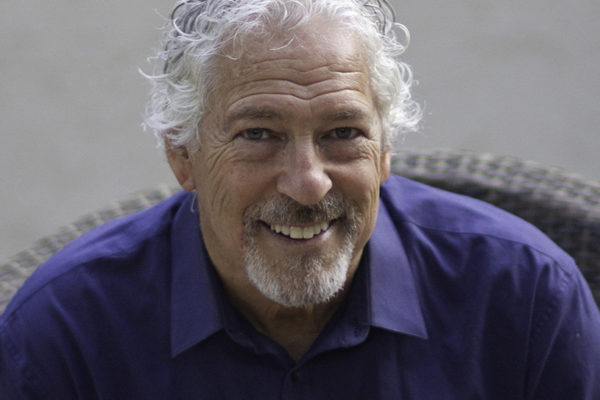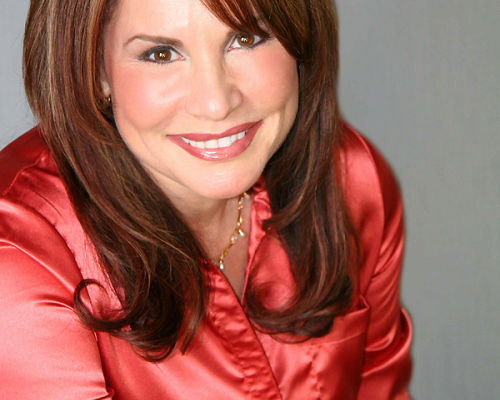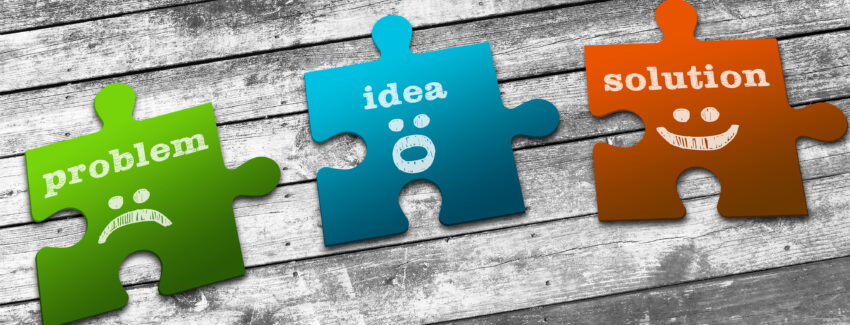 Dr. Relly Nadler: Welcome to Leadership Development News, Profiles and Practices of Top Performers. I’m Dr. Relly Nadler. Dr. Cathy Greenberg, my cohost and I have been doing this show now for 16 years.
Dr. Relly Nadler: Welcome to Leadership Development News, Profiles and Practices of Top Performers. I’m Dr. Relly Nadler. Dr. Cathy Greenberg, my cohost and I have been doing this show now for 16 years.
We are going to continue what we did in our last show on this phenomenon about quiet quitting. Today’s show is about quiet solutions that you can do to counter this idea of quiet quitting. So just a couple of things on this; if you listened to us last time you probably heard about it, but also just in the literature in the last month there have been articles in Fortune, Washington Post, NPR, Harvard Business Review, and New York Times about this idea of quiet quitting.
Today we are going to look at that more so, but also as a leader, manager, parent, what can you zero in on some of the actions. So really some of the solutions.
We are going to look at leadership style. We are going to look at the aspect of trust, assertiveness, and some feedback to help you counter this quiet quitting.
What is it if you are new to this? It’s basically that people are no longer subscribing to the hustle culture. They are just doing the minimum. Some of it is positive so that they avoid burnout. In the pandemic that we are dealing with and have been for 2 ½ years, flexibility is key. People value flexibility. So, if you are leading someone, that flexible schedule that they can have either working from home or the hybrid, you know, when are they at work, when are they not at work. Flexibility is one of the key aspects. Is that built into your work?
For people to have that flexibility is worth a 10% increase for them in their pay. This is from the Work from Home Research Project. A 10% bump they are willing to forego if they have flexibility. Is there flexibility in your work environment?
We know this whole idea of quiet quitting on the positive side it’s like a buffer from being burned out and just doing enough. On the negative, there are some negative aspects to it in your culture. If some people are working really hard and putting in more and some people are just doing enough.
You can imagine if you are leading a team, how do you deal with that? You’ve got your top performers; your achievers and they are getting frustrated. These guys are slackers. How come they are not doing that? I’m picking up the slack for them. That can be a big issue that you have to deal with.
What Gallup has told us in some of their research, it’s found that about 50% of the US workforce is quiet quitting. So, people around the engagement, and we know Gallup as a Pollster, but also, their strongest revenue comes from their management consulting. The engagement, which they come up with engagement scores, has dropped to 32% of people being highly engaged. So, 1/3. It typically was around 34% but have noticed if you are supervising people under 35, so this is the Millennials and the Gen, it has dropped even more.
For those folks, engagement has dropped about 10%. It can be that they don’t subscribe to the same work, more—more—more—more hustle that we all have. This idea that we have taken from the pandemic really people have been able to take more time to reflect and examine.
As coaches, Cathy and I, typically deal with folks around their vision, and their mission, and I think what has happened is that a lot of people with the pandemic stood back and really evaluated. Probably more so evaluated than they had before. Got out of the rat race. People were home and thinking yah, I kind of like this. Wow, this is flexible. I’m home with my family, I don’t have to commute. There have been other issues, obviously along with that, but I think this idea of what do you truly want to do? Who do you truly want to be?
Sometimes in coaching, I’ll talk to people about what is the resume that they are building right now. Typically, many of the resumes that we are building are about how fast you respond to things. Emails, you are right on it. You ticked off all of the tasks. If you think about when someone dies and you are at the funeral, which resume do people talk about? No one is going to say, you know, Mike or Susan, wow, if you sent them an email they returned it in 4 hours. They never missed a deadline. Many of us are building that resume. What happens is the resume that we hear about is what kind of person the human being is.
A little bit of the opposite of human doing, that resume. The human being. They were kind, they were collaborative, they gave their time to supporting people. They were a great role model.
Those are some of the things that you want to think about as you are moving forward. We are going to talk a little bit more about this quiet quitting and what are some of the leadership tools that we know from emotional intelligence that can help you.
Cathy, I want to see after that long process there, some of your comments and then we’ll get into some of the how-tos for people.
Dr. Cathy Greenberg: I was just mesmerized. You know, sometimes it’s nice to be the audience and sometimes it’s nice to listen to a brilliant partner on a subject that is of so much importance to so many who are suffering through this with us, that I get caught up in the moment myself.
brilliant partner on a subject that is of so much importance to so many who are suffering through this with us, that I get caught up in the moment myself.
I think that some of the research by Catalyst, and our audience knows how much I love you so I can say that on the air, shows that some of these things that we are talking about now with regards to quiet quitting, quiet firing, and of course what we are all learning as a result of these two, I’ll just say is the great resignation.
The Catalyst research is showing us that one of the things that is so important right now is empathy. I think you really touched upon that not only in your description but in its delivery.
Maybe we can jump into the power of empathy and what it is actually, I’m going to say, forcing us to learn so that we can be better humans during this time of trauma.
I don’t know what other way to put it so that it connects with our audience and to me, that’s a pretty powerful statement.
Dr. Relly Nadler: As Cathy and I are talking about this, you may want to reflect back on yourself when you are talking about some of these different skills. What Cathy is talking about is that Catalyst has told us from their research if a leader has empathy how much is an inoculation for the individual around burnout, for the individuals to feel understood, and basically to have their feelings honored.
Some of the research is telling us that if you, you may want to think about this for yourself, are high in empathy? If you are, it in enhances work engagement versus somebody who is low in empathy.
We’ll explain empathy and what that means. But if you are high in empathy, it can increase work engagement 76% from the Catalyst research that Cathy is talking about. If you are low, it’s only 32%. So that is a huge difference that has a biproduct around engagement.
The same kind of key numbers around innovation. If you are high in empathy people are more innovative.
These are some of the key aspects and then Cathy, I think it may be good and we can give some examples. You can do this, going back to what we said about emotionally brilliant, how do you respond in those first 2 or 3 minutes when someone is sharing something? What comes out of your mouth is so important. Do they feel heard? Do they feel empathized with? Do they feel seen? Or what many of us do, we go right to the problem. I’ll give you an example.
Cathy, we use this in our training and both Cathy and I have been a part of the College of Executive Coaching where we train coaches; for example, someone comes to you and they say you know what, I’m so frustrated, they moved the deadline back, I don’t know what to do next. I’m ready to pull my hair out. How would you respond to that? I think often the managers/leaders would say, oh yah, who moved it? What’s the deadline? With those two sentences, they have lost the opportunity. What you really want to do is be able to say, wow, sounds like you are really frustrated, I can see that. They moved the deadline. Let’s talk a little bit about it.
Unless you give them the words, and the emotions that they are having, they do not feel heard. They do not feel seen.
You can listen to the entire interview above by clicking on the play button.

